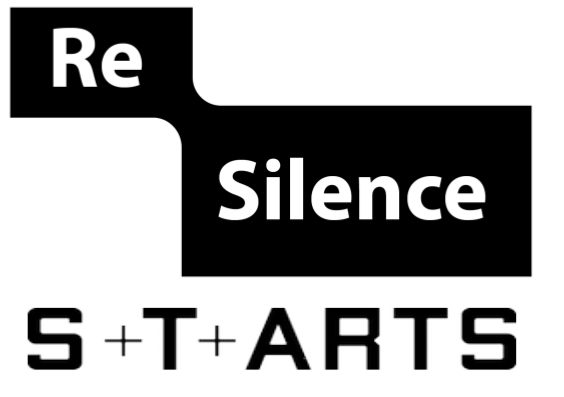
ReSilence
Retune the Soundscape of future cities through art and science collaboration
The main objective of the ReSilence project is to support the development of art-driven technologies for designing the soundscape of future cities through the collaboration of artists, architects, urban designers, scientists, engineers and researchers, and targeting AI and XR tools addressing primarily challenges from the Urbanism/Mobility sector while exploring the borders between music and noise, and user experience measurements assessing a soundspace.
The project ReSilence builds on the novel and prima facie paradoxical observation that elements of city life tend to become more silent, allowing us to question which sounds are necessary for safety and environmental awareness, and which sounds can be made more pleasant. Nowadays city planners, architects, engineers, and other scientific experts are urgently studying the effects of noise in urban environments. How should we tackle the growing number of noises in order to improve the quality of life for inhabitants, all while considering the important role of sound and music to each person’s life, culture, and identity? In most cities, concert halls, opera houses, theatres and other performance venues serve as architectural landmarks and offer spaces where urban communities can form, meet, and share meaningful experiences. At the same time, these are traditional spaces which rarely consider the music and sound being created by the city’s own inhabitants and their movements.
Inspired by sound art, which, unlike traditional music, artists emphasizes silence and the space between sounds rather than a succession of notes, truly art-driven technological advancements can serve in structuring advanced experiences, thereby creating a soundscape which reduces the stress of urban noise, creates inclusive experiences honouring the mosaic of cultural backgrounds which make up the citizens of a city. In addition, the technology that we will develop together can provide increased accessibility and better urban environments to seniors and people with disabilities trough multimodal mixed reality experiences, combating ableism in order to strengthen individual and collective sense of belonging, increase social inclusion and tackle sustainability issues. Without the preconceived notions of what sound could and should be, artists are ideally positioned to lead us to novel solutions, and rather than artists supporting our ideas, this call gives them the chance to create their own user cases through open calls.
CERTH is the project coordinator and responsible for the management of technical aspects of the ReSilence project and has a critical role in the project by leading the WP for the Art-driven experimentation toolkit development and tasks for the creation of tools for AI -based soundscapes.

